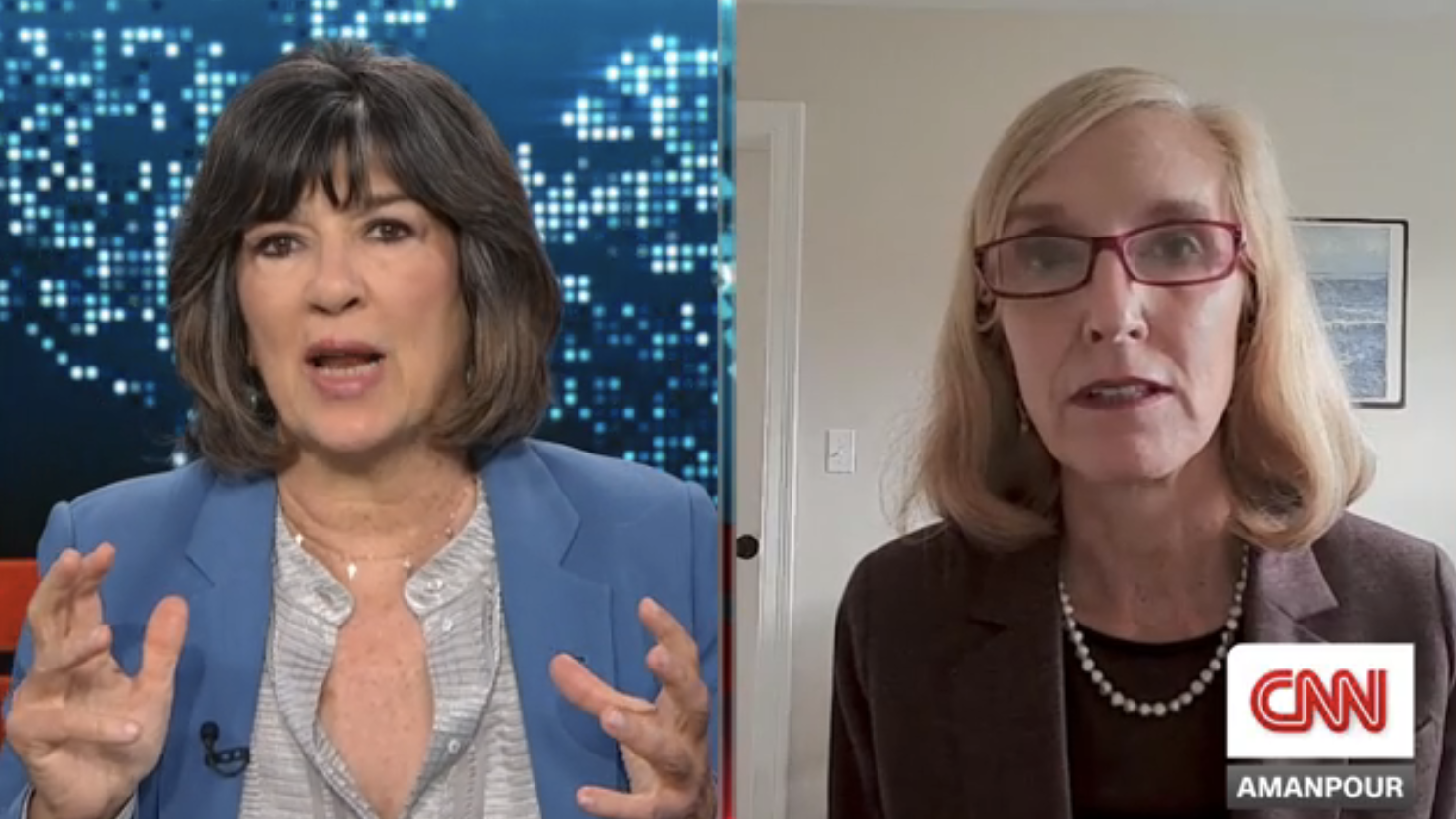Allergy, Extreme Weather, and Exposomics Lab
The Allergy, Extreme Weather and Exposomics Lab studies how environmental exposures impact our immune system and our overall health. We research these topics through the lens of extreme weather conditions, the number one threat to global public health.
651 Huntington Avenue
FXB Building, Room 101
Boston, MA 02115
Who We Are
We’re a group of immunologists who want to better understand how the world around us impacts our immune system and our overall health. Our work has direct implications on people’s health and the health of their children. We answer questions like “How does wildfire smoke affect our health?” and “Why are food allergies on the rise around the world?” Our research focuses on both cellular and mechanistic work and population level analyses. We strive to use our research findings to help educate and inform policy.
What We Do
The exposome is the set of cumulative exposures that someone experiences over the course of their lifetime. We study the exposome because we know that our health is impacted by all the various exposures in our environment, whether that’s something we inhale, something touching our skin, or something we eat. For example, we are interested in the level of microplastics in our body and how it’s associated with immune dysregulation and disease outcome. Especially as allergies are increasing globally, this work can help us better understand the direct associations between the exposome and both acute and chronic diseases.
Air pollution is a problem for public health because it has a direct relationship with morbidity and mortality. We know that exposure to air pollution can lead to decreased life expectancy and decreased quality of life.
We work with various levels of policymakers, from local to national to global organizations, to help them make evidence-based policy decisions that improve public health.
Our Research
For more than 30 years, Kari Nadeau has devoted herself to understanding how environmental and epigenetic factors affect the risk of developing immune dysfunction. Her laboratory has been studying exposomics and solutions-facing research with policy-oriented outcomes to track climate change mitigation and adaptation as these solutions pertain to quantifying health outcomes.
Nadeau started 4 biotech companies, works in climate and health inequity, co-started a sustainability seed grant program, and works with the WHO and UN on several projects in global health. She works with the Salata Institute at Harvard and oversees the Center for Climate, Health, and the Global Environment at Harvard T.H. Chan School of Public Health (Harvard Chan C-CHANGE).
Air pollution exposure is detrimental to health, with the World Health Organization attributing approximately 7 million annual deaths to exposure. Morbidity and mortality have been associated with increasing rates of wildland fire smoke exposure and residents living in fire-prone areas affected by wildland fires were exposed to significant levels of smoke during the latest wildland fire season in the Western U.S. states, especially in California.
We have conducted research for more than 15 years in the Central Valley area focusing on immune health and the effects of air pollution in diverse populations.
Check out our NHLBI program project grant, Air pollution disrupts Inflammasome Regulation in HEart And Lung Total Health (AirHealth).
Pregnancy is a state of constant growth, proliferation, and modification of the immune system between mother and fetus. For this reason, the maternal immune system is at higher risk for exposures of toxicants during pregnancy.
Toxicants from ambient air pollution are numerous and many are absorbed directly from the lungs into the bloodstream, resulting in concentrations of toxicants increasing in pregnancy vs. no pregnancy. We hypothesize that exposure to ambient air pollution increases the likelihood of immune dysregulation in pregnant women during, and in the short- and long-term periods after pregnancy. In addition, we are testing whether these mechanistic differences are driven by underlying epigenetic changes.
Check out our NIEHS program project grant, Immune Tolerance Dysfunction in Pregnancy due to Ambient Air Pollution Exposure.
Food allergies are on the rise in children and adults, increasing by 50 percent since the 1990s. Both a genetic predisposition, as well as environmental exposures, are responsible for the increase in food allergies and the resulting public health crisis. Clinical trials and mechanistic research are essential in determining how a food allergy develops and effective treatment strategies.
Check out our NIAID program project grant, SEAL (Stopping Atopic dermatitis and ALlergy) Study: Prevent allergy by enhancing the skin barrier.
Learn more about our work:
- Tracking allergen specific T cells in multi-food allergy
- Consortium for Food Allergy Research (CoFAR)
- Evaluating the role of allergen dose and duration in the safety and efficacy of multi-allergen oral immunotherapy with Omalizumab
- High resolution longitudinal immune monitoring for elucidating immune aging dynamics
With COVID-19 vaccine development, it is important to learn exactly what effects the vaccine exerts on the body’s immune system. In addition, dysregulation to both the innate and the adaptive immune systems are involved in COVID-19 pathology. This dysregulation is thought to be especially important in long COVID outcomes.
Learn more about our work:


